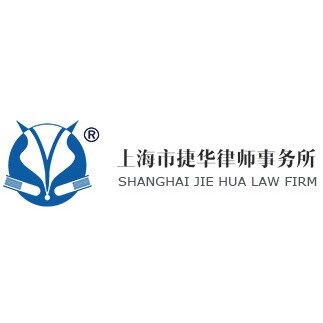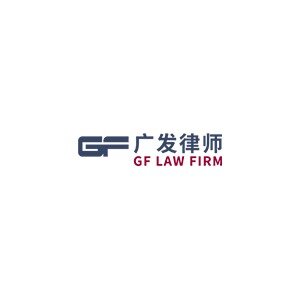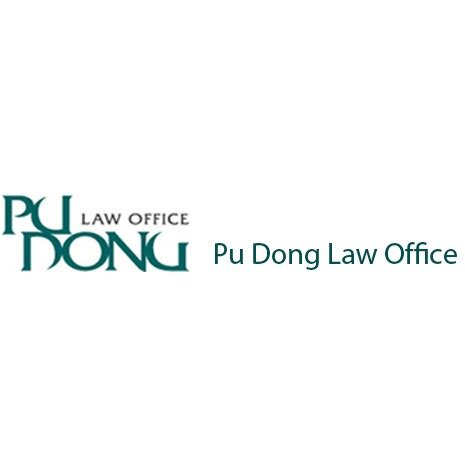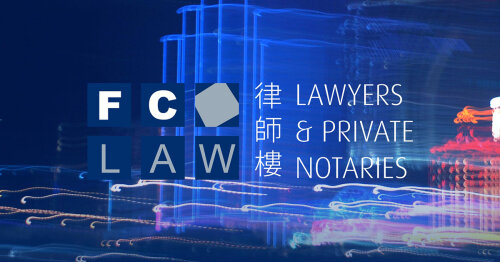Best Funds & Asset Management Lawyers in China
Share your needs with us, get contacted by law firms.
Free. Takes 2 min.
Or refine your search by selecting a city:
List of the best lawyers in China
About Funds & Asset Management Law in China
Funds and asset management law in China refers to the legal frameworks and regulatory systems that oversee how financial products such as mutual funds, private funds, and portfolio management services are created, marketed, and managed. These laws are designed to protect investors, ensure transparency, and promote healthy market development in China’s fast-growing financial sector. Regulatory authorities such as the China Securities Regulatory Commission (CSRC) and the Asset Management Association of China (AMAC) play significant roles in supervising compliance and best practices. The sector includes a wide array of investment options, like equity funds, bond funds, mixed asset products, and private equity, each subject to unique regulations and requirements.
Why You May Need a Lawyer
Navigating the field of funds and asset management in China can be complex due to the frequent updates in regulations and the high degree of oversight. You may need a lawyer for the following reasons:
- Establishing and registering a fund, either domestic or foreign-backed.
- Understanding compliance requirements for fund managers and service providers.
- Drafting, reviewing, or negotiating fund documentation and contracts.
- Handling disputes between investors and fund managers.
- Managing cross-border asset management or foreign investment into Chinese funds.
- Ensuring regulatory filings and disclosures meet Chinese legal standards.
- Advising on mergers, acquisitions, or restructuring of asset management companies.
- Responding to regulatory investigations or enforcement actions.
Local Laws Overview
China’s funds and asset management sector is primarily regulated by several key laws and administrative measures. These include the Securities Investment Fund Law, specific rules set by the CSRC, and the Private Investment Fund Regulations. There are strict licensing requirements for fund managers and custodians. Investors must also comply with disclosure and anti-money laundering regulations. Foreign investors face additional restrictions and need to ensure alignment with the Negative List and Qualified Foreign Institutional Investor (QFII) frameworks. The asset management sector has seen numerous reforms to promote transparency and reduce systemic financial risks, including rules on liquidity management, risk assessments, and forbidden investment practices. Compliance failures can lead to substantial penalties or even criminal sanctions.
Frequently Asked Questions
What types of investment funds are allowed in China?
China allows public funds such as mutual funds, exchange-traded funds, and money market funds, as well as private investment funds like private equity, venture capital, and hedge funds, subject to different regulatory requirements.
Who regulates the funds and asset management sector in China?
The China Securities Regulatory Commission (CSRC) is the primary regulator, with industry associations like the Asset Management Association of China (AMAC) playing key roles in supervision.
Can foreign investors participate in Chinese funds and asset management?
Yes, though foreign involvement is regulated. Foreign institutions can invest or establish joint ventures under the Qualified Foreign Institutional Investor (QFII) and other pilot programs, with regulatory approval.
What are the requirements for establishing a fund management company in China?
You must obtain a business license, register with regulatory bodies, meet capital and personnel qualifications, appoint qualified directors, and comply with operational standards.
What anti-money laundering requirements exist?
Fund managers and financial institutions must implement strict client identification, transaction monitoring, and reporting of suspicious activity, following both CSRC guidelines and broader anti-financial crime laws.
What disclosures must be made to investors?
Funds must provide detailed prospectuses, risk disclosures, regular performance reports, and updates on significant events. Transparency and investor protection are emphasized in Chinese regulations.
Are there restrictions on fund investments?
Yes. Public funds face limits on leverage, asset allocation, and prohibited investments. Private funds have more flexibility but must avoid illegal fundraising and comply with minimum investor standards.
What happens if a fund management company violates regulations?
Regulatory violations can result in warnings, fines, suspension of operations, or revocation of licenses. In severe cases, individuals can face civil and criminal liability.
Can individuals invest directly in Chinese funds?
Yes, but access may depend on residency status, investor qualifications, and fund type. Some funds are open to professional or institutional investors only.
How can legal professionals assist with cross-border asset management?
Lawyers provide advice on regulatory approvals, tax optimization, compliance risk, documentation, and dispute resolution for clients engaging in cross-border investments or establishing presence in China.
Additional Resources
If you require further information or regulatory guidance, the following institutions can be helpful:
- China Securities Regulatory Commission (CSRC)
- Asset Management Association of China (AMAC)
- Shanghai and Shenzhen Stock Exchanges
- People's Bank of China (for financial regulatory updates)
- Local bureau of administration for industry and commerce
- International law firms with a funds and asset management specialty in China
- Official government legal information websites and help desks
Next Steps
If you need legal assistance in the funds and asset management sector in China, you should start by identifying experienced legal professionals or law firms with expertise in Chinese financial regulations. Prepare documentation outlining your investment objectives and any specific challenges you face. Schedule a consultation to discuss your situation in depth and receive tailored advice. Always verify the lawyer’s credentials and experience in cross-border or funds compliance work. Staying proactive and well-informed is crucial for successful, compliant asset management in China.
Lawzana helps you find the best lawyers and law firms in China through a curated and pre-screened list of qualified legal professionals. Our platform offers rankings and detailed profiles of attorneys and law firms, allowing you to compare based on practice areas, including Funds & Asset Management, experience, and client feedback.
Each profile includes a description of the firm's areas of practice, client reviews, team members and partners, year of establishment, spoken languages, office locations, contact information, social media presence, and any published articles or resources. Most firms on our platform speak English and are experienced in both local and international legal matters.
Get a quote from top-rated law firms in China — quickly, securely, and without unnecessary hassle.
Disclaimer:
The information provided on this page is for general informational purposes only and does not constitute legal advice. While we strive to ensure the accuracy and relevance of the content, legal information may change over time, and interpretations of the law can vary. You should always consult with a qualified legal professional for advice specific to your situation.
We disclaim all liability for actions taken or not taken based on the content of this page. If you believe any information is incorrect or outdated, please contact us, and we will review and update it where appropriate.
Browse funds & asset management law firms by city in China
Refine your search by selecting a city.















